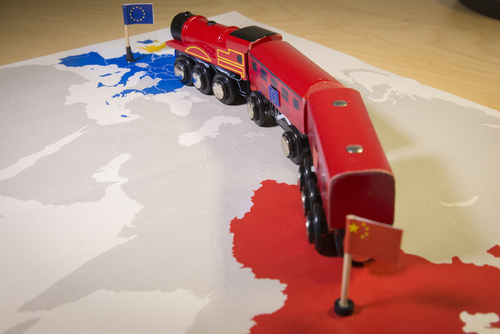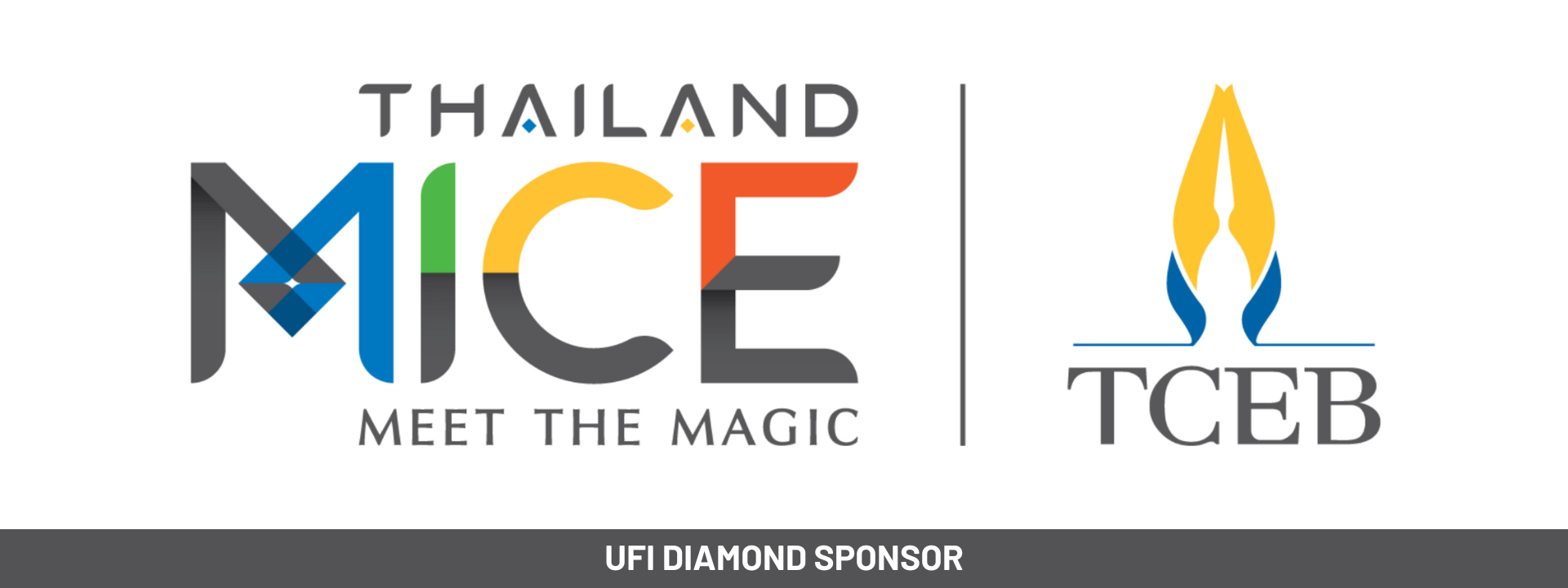I imagine most of the UFI Blog’s readers are familiar with China’s Belt-and-Road Initiative (BRI), the global plan to extend commercial and political channels through a series of economic land and sea routes.
But how many of us are aware of the supporting role of the cities that seek to benefit from this hugely elaborate scheme and more specifically the fact that they are actively courting exhibitions to help keep these roads busy?
Part of my business is to help connect organisers with rewarding and sustainable homes for their international trade shows. However, much of my time is spent convincing not the organiser, but the potential host, of the need to stage such an event in their city.
So it’s a breath of fresh air when a city seeks to build its appeal through channels that include the large exhibition and convention associations such as UFI, ICCA and the IAEE.
Take, for example, the city of Chengdu in China’s southwestern Chinese province of Sichuan. You may know about it because it’s home to the panda. But how many of you know that if one so wished, a panda now could ride a new freight train line direct to Łódź in Poland in 14-days, which its developers’ claims is half the time it would take to do so by sea and a fifth of the price it would cost to fly? It’s a major development for potential partners in Europe. Particularly those with a pressing need to build new trade relationships in Asia (EU-exiting Britain I’m looking at you).
I’m not suggesting a new panda-trafficking business is on the cards for 2020, but the China Railway Express (Chengdu) does present something of an open door to European organisers.
Since 2013, the 9,965km China Railway Express has left Chengdu for Europe 3,300 times, passing through Kazakhstan, Russia and Belarus, with half of those trips made in 2018 alone.
Chengdu is working hard to get trains moving in the other direction too by reducing corporate fees and basic port operation service fees, and implementing a one-stop and zero-fee model for starting a company, reminiscent of Hong Kong, as well as a 144-hour transit visa exemption policy for visitors from 53 countries.
And to communicate this message that it is very much open for business, the municipal government is courting the exhibition and MICE industry associations that represent the thousands of potential customers it would like to see take advantage of this line and more besides.
Do you want to learn more about the exhibition industry in the Asia-Pacific region?
Over the past 14 years, the UFI Asia-Pacific Conference has become one of the exhibition industry’s most important gatherings for learning and networking.
Each year, the conference attracts around 300 leaders from organisers, venues, associations, service providers and government bodies.
The next edition takes place in Macau from 5-6 March 2020.



Leave A Comment